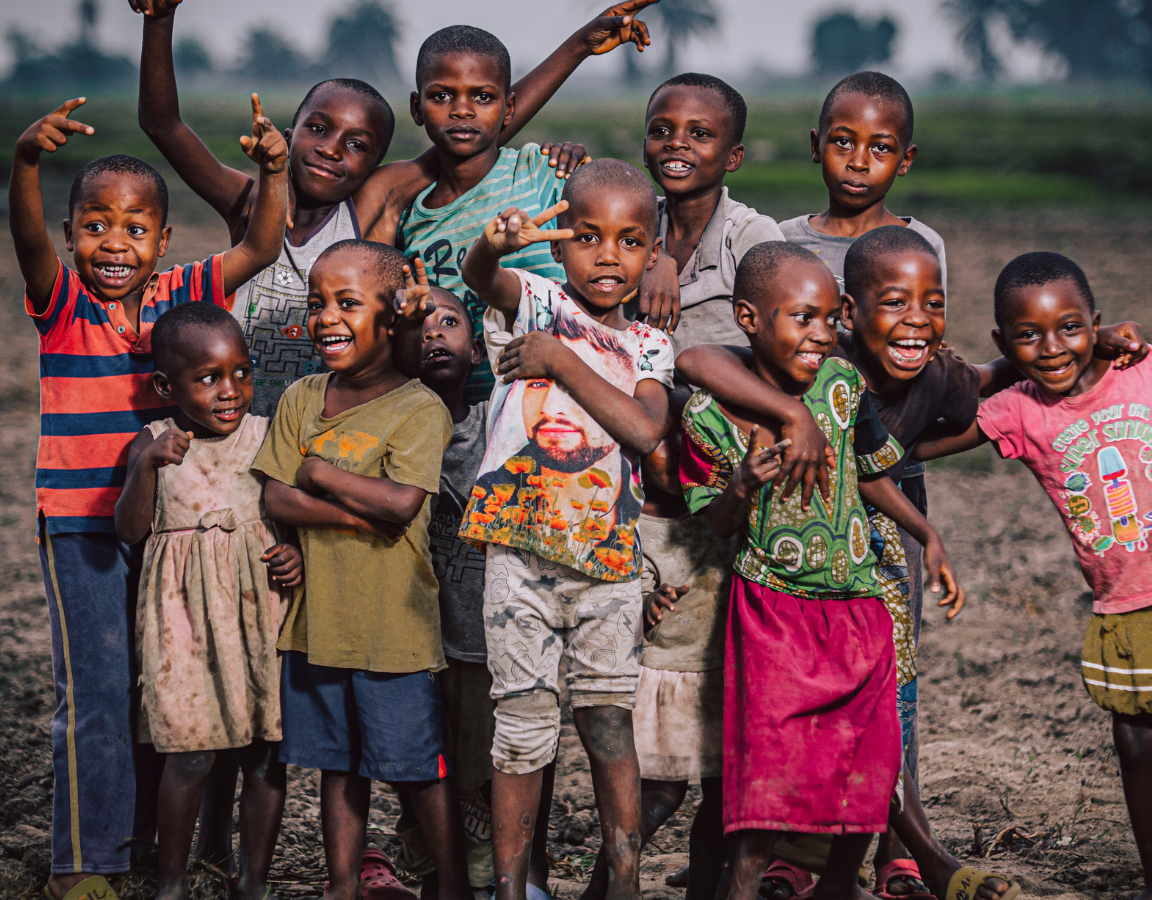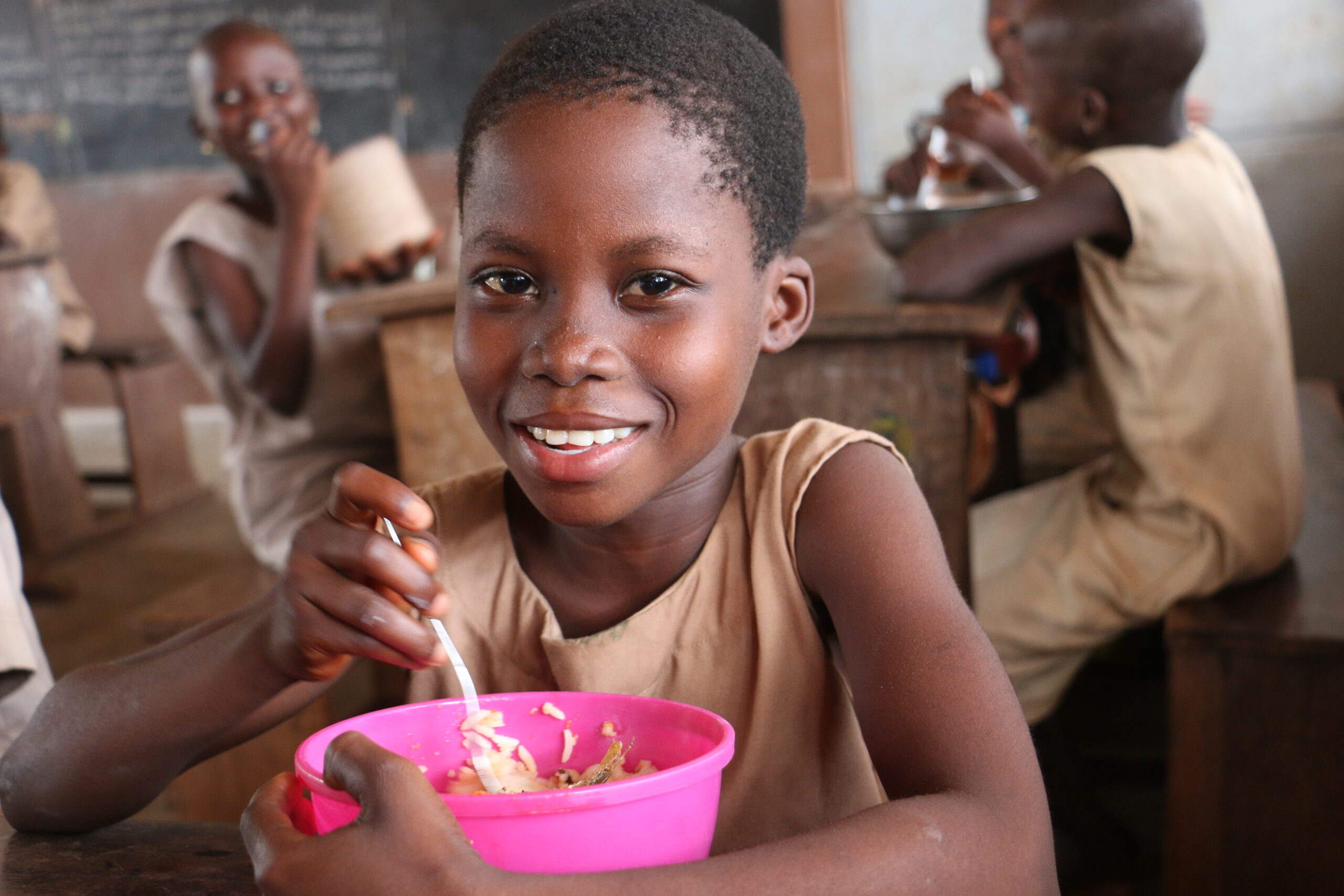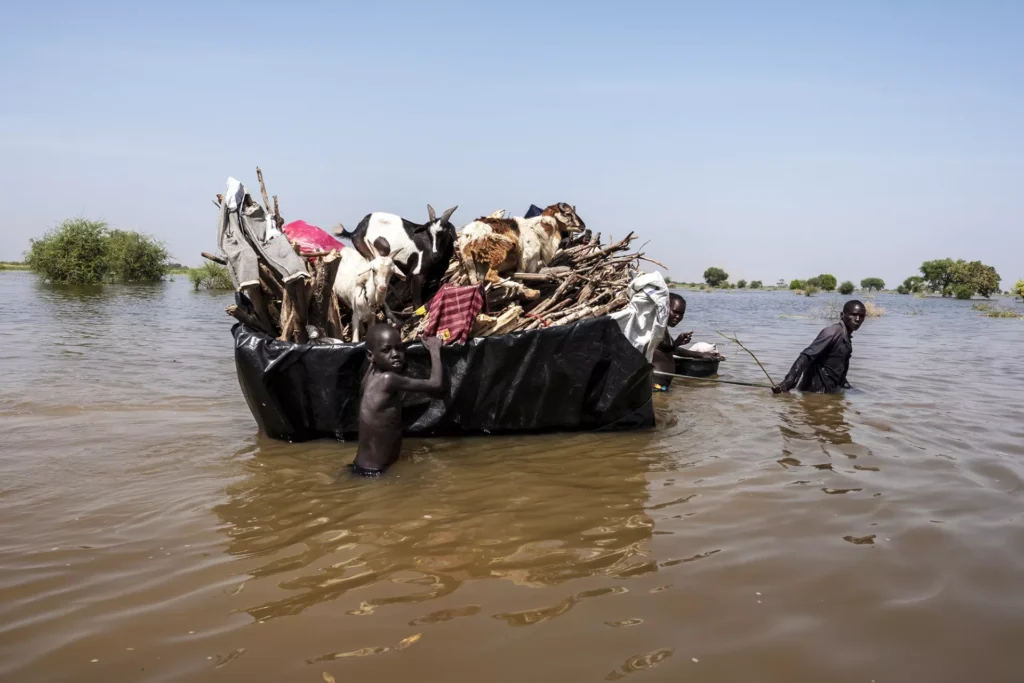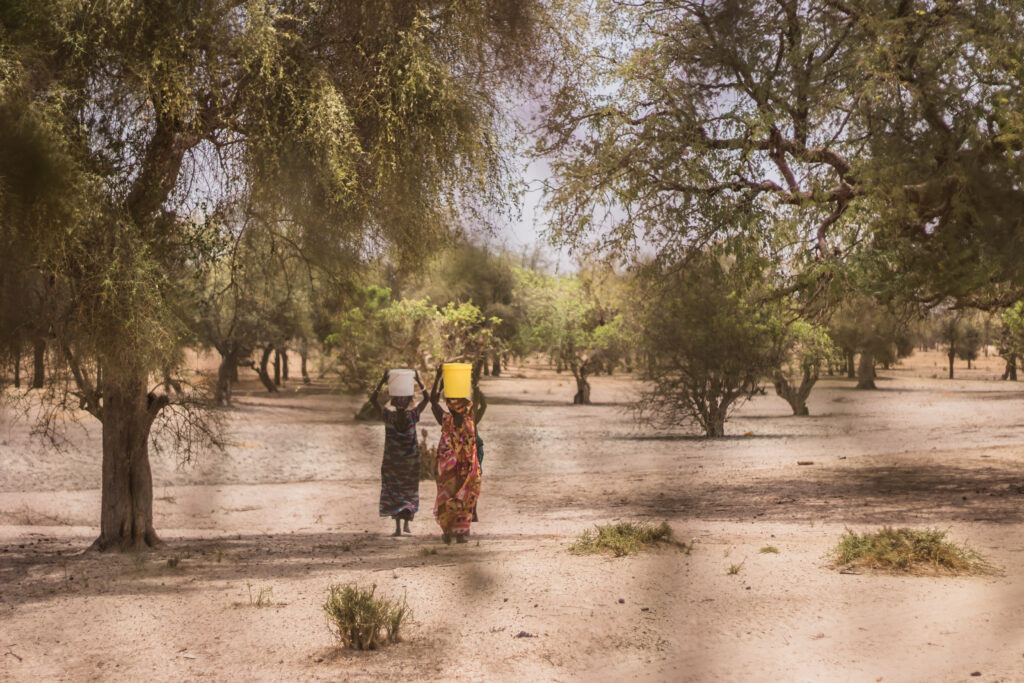As passionate advocates invested in Africa’s future, we recognise the importance of the Africa Union (AU) Summit as a crucial arena for global leaders to tackle vital issues impacting the continent. We are thus calling on you to ensure the global food crisis impacting African citizens so severely is high on the agenda at the AU summit and on the AU’s agenda this year
To H. E Azali Assoumai the President of Comoros and the Chairperson of the African Union Assembly
CC: The African Union Commissioner
As passionate advocates invested in Africa’s future, we recognise the importance of the Africa Union (AU) Summit as a crucial arena for global leaders to tackle vital issues impacting the continent. We are thus calling on you to ensure the global food crisis impacting African citizens so severely is high on the agenda at the AU summit and on the AU’s agenda this year.
We note the 2024 AU theme – “Educate an African Fit for the 21st Century: Building Resilient Education Systems for Increased Access to Inclusive, Lifelong, Quality, and Relevant Learning in Africa.” This important theme is inextricably linked with the fight against hunger and malnutrition. Access to nutritious food profoundly impacts a child’s academic ability. According to a 2023 World Food Program report, nutritious school meals improve enrollment by 9% and attendance by 8%, particularly for young and adolescent girls. Simultaneously, education is pivotal in advancing food security by imparting knowledge on sustainable agriculture, nutrition, and dietary practices. Educated communities make informed nutritional decisions, comprehend diverse diets, and adopt strategies to curtail food waste.
Not only is tackling the food crisis vital for education, but it is vital for our continent. Alarming statistics reveal that approximately 282 million people—about 20 percent of the population—face undernourishment, marking a staggering increase of 57 million individuals since the COVID-19 pandemic’s onset. Furthermore, 49 million are on the brink of famine, over a billion people struggle to access nutritious diets, and nearly 30 percent of children suffer stunted growth due to malnutrition.

But, despite past institutional reforms and commitments to eradicate hunger by 2030, such as the Comprehensive Africa Agriculture Development Plan (CAADP), Maputo commitments, Sustainable Development Goals, Africa Development Bank’s Feed Africa strategy, and Africa Union Agenda 2063, inadequate political commitment and resource allocation impede their effectiveness. Immediate rectification, political will, and substantial resources are crucial to save lives, build resilience, and secure Africa’s future.
While acknowledging the Africa Development Bank’s commendable efforts in mobilising resources for Africa’s agricultural development, tangible and decisive actions are imperative to achieve the desired outcomes. Acknowledging the AU’s presence in the G20, we implore them to champion the fight against hunger at this year’s summit, especially given President Lula’s commitment to its eradication.
We have the solutions to end hunger and malnutrition. Smallholder farmers are the bedrock of local, national, and regional food systems. Typically consisting of farms of one to two hectares, smallholders produce a large majority of the food across sub-Saharan Africa. Globally, they account for nearly two billion people – roughly 500 million households – earning their living through agriculture. They’re not just cultivators; they’re our neighbours, entrepreneurs, and the linchpin for enhancing nutrition, health, and the vitality of rural communities. Shockingly, despite their pivotal role, these farmers are consistently overlooked. The harsh reality is that most of them endure hunger, poverty, and distressing health setbacks. This blatant neglect is downright unacceptable.
Scale up school feeding programs in each member state targeting most affected regions by famine to ensure no child is deprived of learning just because of lack of food.
CALL TO ACTION
The undersigned affirm our support and dedication to the following call to action to our leaders:
- Champion a comprehensive Global Plan: Advocate for the immediate formation and execution of a comprehensive global strategy to save lives, bolster community resilience, and secure our future. The lack of a unified plan hinders coordinated action and resource mobilisation despite numerous valuable initiatives. Stress the urgency of finalising and implementing this plan by the close of 2024 to address our pressing challenges effectively.
- Invest in Food and Nutrition Security for All: Highlight the critical need to secure vital financial resources for executing the proposed plan. Reinforce the commitment to CAADP’s Principles and Values, emphasising a robust agricultural investment by upholding a 10% public spending target. Operationalise the Africa Investment Bank and sustain an annual sector growth in Agricultural GDP of at least 6%. Encourage the international community to share the responsibility of humanitarian aid during food crises alongside African Union Member States.
- Demand Accountability and Transparency: Urge the African Union Commission and the Africa Development Bank (AfDB) to hold development partners accountable for their responsibilities. They must finalise planned financial support, complementing the $30 billion of announced financing from last year’s AU Summit. Request transparent reporting on the overall investment from development partners.
- Empower Small-Scale Farmers: Enhance knowledge sharing, technology and stakeholder accountability to bolster food security efforts. Strengthen small-scale farmers’ adaptive capacity to combat climate change’s impact. In addition, advocate for a larger share of climate adaptation financing to be directly channelled to these producers, ensuring their ability to adapt and thrive amidst environmental challenges.
- Inclusion of and Partnership with Smallholder Farmers: Advocate for the rights and inclusion of small-scale producers in policy decisions, emphasising their critical role in food production and sovereignty. This includes the adoption of the United Nations Declaration for the Rights of Peasants and other people Working in Rural Areas (UNDROP). Foster robust partnerships with small-scale farmer organisations, subnational governments, and African rural institutions.
- Scale School Feeding Programs: Scale up school feeding programs in each member state targeting most affected regions by famine to ensure no child is deprived of learning just because of lack of food.
- Amplify Youth Engagement: Scale up platforms and initiatives that engage young people in agribusiness, entrepreneurship, and sustainable farming practices.
Fortify Data and Research Capabilities: Mobilize immediate efforts to champion heightened investments in acquiring top-tier data and research. This is crucial for thoroughly comprehending food security challenges and identifying effective solutions.
See the signatories below.










